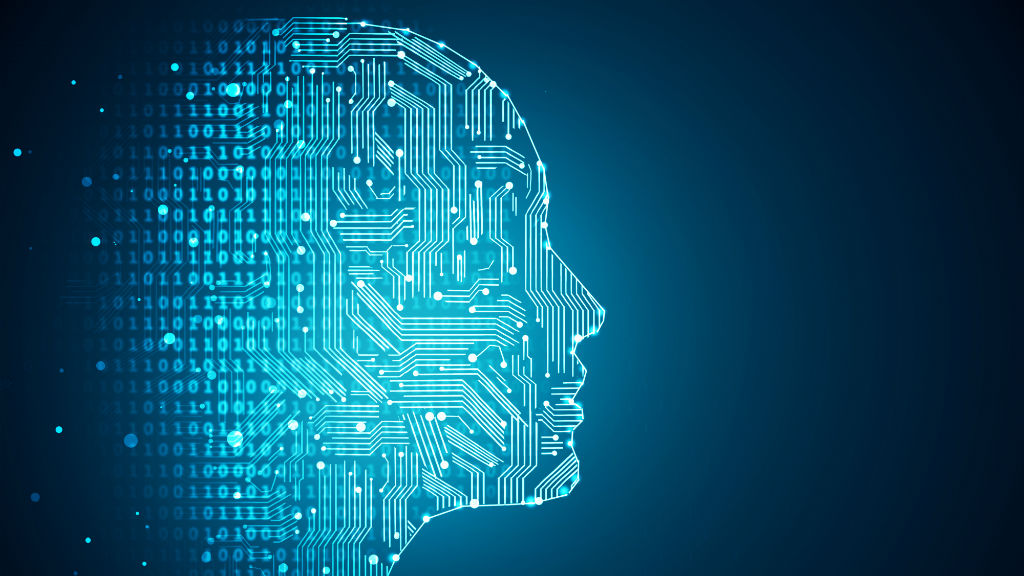Το Α.Ι. είναι εδώ αλλά χρειάζονται όρια. Πως επηρεάζει τις ζωές μας; {..}
Artificial intelligence (AI), once confined to the realm of science fiction, has seamlessly integrated into the fabric of contemporary society. From the algorithms that curate our social media feeds to the autonomous vehicles navigating our streets, AI is reshaping the world at an unprecedented pace. While its potential to revolutionize industries and improve lives is undeniable, the ethical implications of this technology are profound and complex.
Bias and Fairness
One of the most pressing ethical challenges posed by AI is the issue of bias. AI systems are trained on vast datasets, which can inadvertently reflect societal prejudices and inequalities. This can lead to discriminatory outcomes in various domains, such as employment, criminal justice, and lending. For instance, facial recognition systems have been shown to be less accurate in identifying people of color, potentially leading to wrongful arrests.
To mitigate bias, it is imperative to employ diverse datasets that represent the full spectrum of human experience. Additionally, rigorous testing and auditing of AI systems are essential to identify and rectify biases. Moreover, developing transparent and explainable AI models can enhance trust and accountability.
Job Displacement and Economic Inequality
The rise of AI has sparked concerns about job displacement and the potential exacerbation of economic inequality. As AI systems become increasingly capable of performing tasks traditionally carried out by humans, there is a risk of widespread unemployment. While automation has historically led to job creation as well as displacement, the pace and scale of AI-driven automation raise new challenges.
To address this issue, governments, businesses, and educational institutions must collaborate to invest in retraining and upskilling programs. A focus on developing human-centric skills, such as creativity, critical thinking, and emotional intelligence, will be crucial for adapting to the changing job market. Furthermore, exploring alternative economic models, such as universal basic income, may be necessary to provide a safety net for those affected by job displacement.
Privacy and Surveillance
The vast amounts of data collected and processed by AI systems pose significant privacy risks. From personal information to sensitive biometric data, individuals are increasingly vulnerable to surveillance and misuse of their information. This raises concerns about government overreach, corporate exploitation, and the erosion of civil liberties.
To protect individual privacy, robust data protection regulations are essential. These regulations should include provisions for data minimization, transparency, and user consent. Additionally, developing technologies that can protect personal information while enabling data analysis is crucial.
Autonomous Weapons
The development of autonomous weapons systems presents a grave ethical dilemma. The prospect of machines making life-or-death decisions without human intervention raises profound concerns about accountability, the potential for misuse, and the erosion of human control over warfare.
To prevent the development and deployment of autonomous weapons, international cooperation is essential. A global ban on lethal autonomous weapons systems would be a crucial step towards ensuring human control over the use of force.
Accountability and Transparency
As AI systems become increasingly complex and autonomous, questions arise about who is responsible for their actions. When an AI system makes a harmful decision, who should be held accountable? To address this issue, it is essential to develop clear guidelines for AI development and deployment, including requirements for transparency and explainability.
Moreover, establishing mechanisms for human oversight and intervention is crucial. AI systems should be designed to allow for human review and override of decisions, especially in high-stakes situations.
The Future of Humanity
The ethical implications of AI extend beyond specific domains and impact the very nature of human existence. As AI continues to advance, it is essential to consider the broader societal consequences. Questions about the future of work, the nature of human relationships, and the meaning of life will need to be addressed.
To navigate the complexities of the AI age, a multidisciplinary approach is required. Philosophers, ethicists, policymakers, technologists, and social scientists must work together to develop ethical frameworks and guidelines. Public engagement and dialogue are also essential to ensure that AI is developed and used in a way that benefits society as a whole.
In conclusion, the ethical challenges posed by AI are immense and require careful consideration. By proactively addressing issues such as bias, job displacement, privacy, autonomous weapons, and accountability, we can harness the potential of AI while mitigating its risks. The future of AI depends on our ability to make informed and ethical choices.
Συντάκτης: Ελένη Μαργαρίτα Καπάρου
Οι απόψεις που αναφέρονται στο κείμενο είναι προσωπικές του αρθρογράφου και δεν εκφράζουν απαραίτητα τις θέσεις του What Politics Means και της συντακτικής ομάδας.
Απαγορεύεται η αναδημοσίευση του άρθρου από άλλες ιστοσελίδες χωρίς άδεια του What Politics Means. Επιτρέπεται η αναδημοσίευση των δύο έως τριών πρώτων παραγράφων με την προσθήκη ενεργού link για την ανάγνωση της συνέχειας στο What Politics Means. Οι παραβάτες θα αντιμετωπίσουν νομικά μέτρα.


